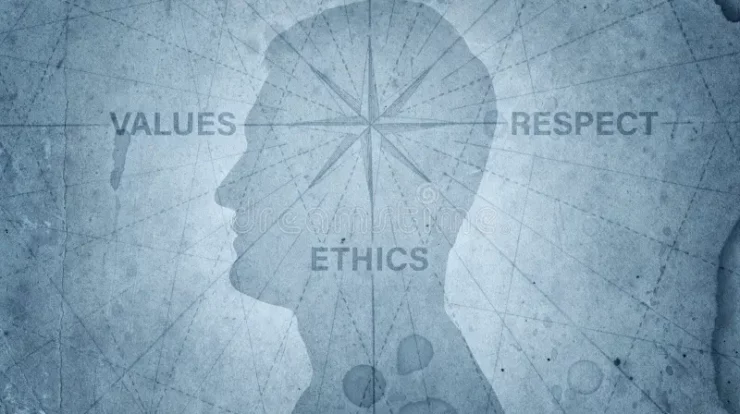
If you work in the computer industry, whether in a technical or nontechnical position, it’s more than likely you’ve heard of search engine optimisation (SEO). Whether you work for, or own a small businesses or run a large Fortunate 500 company, SEO is one of the driving forces behind all these industries in today’s world. By creating quality content, you can structure your pages to rank at the very top of the major search engines listings.
The higher you can get your website to rank, the more traffic you can potentially drive to your website. This is further enforced by the reality that close to 75% of web searchers never browse beyond the first page of any search engine listings. More and more people turn towards the internet to find information on whatever peaks their interests, which is why SEO has become an integral component of any marketing strategy, if you’re intent is to grow your business.
Of the many webmasters out there, around 70% reported that improving their performance in the search engine is amongst the highest priorities for their business. Around 75% of them stated that they use their SEO skills to improve the performance of their site(s) in the search engines, all the time. This means, if you own a website, and you want to drive large amounts of organic traffic to it, then you will need to learn about search engine optimisation.
If you’re new to SEO, then you’ve come to the right place. In this article I will be covering a number of tips, aimed mainly at the newbie. These tips should help you get started with SEO, from which you can do additional research into, if you truly desire to master this art.
1. Optimise Your Website for Mobile
If you decide to optimise your website for mobile devices, it will save you both on time and money. Ultimately, when you opt to make your website mobile friendly, naturally, there will be a cost. As there will be much for you to learn, you want to get it right and not destroy your site in the process. But after it’s complete, it will be well worth the investment, as it will mean more potential clients for your business, and you will be able to attract both mobile and desktop visitors to your site.
2. Use Short & Descriptive URLs
When it comes to the optimisation aspect of SEO, there are many ways you can do this, not all of which are technical. For example, the way you create your URLS, can go a long way in how effective it will rank in the search engines. This is something that even a novice can do, with very little SEO understanding.
If you want your URL to be most effective, it should:
Have your primary keyword in it. Depending on how many keywords you intend to target, you want to ensure, at the very least, your primary keyword is in the URL.
Easy to read and understand. You want a URL that, at first glance is easy to interpret. The user should be able to quickly determine what the page is about, just from its URL.
Make it concise. You should make your URLs as short as you can. This is because most search engines have a character limit for URLS. So if you make your URL too long, you might discover that the keyword within it has been truncated. To avoid that, try to stick within a 60 character limit.
3. Get Links from Other Websites
When it comes to SEO, this is probably the most important part of it. The difficult thing about this aspect of SEO, is that it’s something that you can’t necessarily control. Other than crafting high quality content for your website, the only other option you have is to ask people to link to you.
The best option is to spend as much time as possible, crafting content, you want your site to have nothing but the best. You should also, consider taking up guest posting, for links from other blogs. SEO professionals can help you achieve premium link building that will ensure that your website is optimized and uncover new opportunities to grow your domain.
That said, whatever option you choose, just know that your rankings will be greatly determined by these links.
4. Image optimization
When we look at the various aspects that effect your rankings in the search engines, image optimisation is one of those factors that features prominently. Image optimisation can have a significant impact on where your site ranks in the search engines, as it lets the web spiders know exactly what your site is about. If you spend the time optimising every aspect of your site correctly, the search engines will reward you, by ranking the site higher. So be sure to spend time with your layout, images, navigation and other aspects when building out the site.
If you want your website to be successful, then you should consider the optimisation of your images, as crucial. You will need to consider things such as file type, image compression method, and other things that can affect how long it will take for each individual page to load on the various devices they may be accessing your site from.
5. Format Your Content
It’s important that you use the right words when constructing your content, but it’s equally important that you get the formatting right. While, you want the content on your website to be easy to read, and highly informative to the viewer, you also need to consider tailoring your content formatting for the search engines. As an example, you want to include keywords in your pages, you also need to use headings and subheadings, which makes it easier for the search engines to understand, which in turn will help it rank higher.
How your paragraphs and sentences are structured will have a significant impact. You want to keep your sentences within a 20 words limit. You also don’t want your paragraphs to be too long, or two short. That means, ideally no single sentence paragraphs, if you can help it.
6. Increase Word Count
When writing anything, for a reader, internet surfer, critic or anybody else, it’s very important that it’s easily comprehended. When it comes to the search engines, this ensures it’s about to determine exactly what the content is about, and that it properly answers the question of the search term that the search engine will eventually rank the page on. Making content with more words, means more keywords and more backlinks. However, you don’t want your content to be too long. As this can have a negative effect on your site rankings. The best point of reference is your competition, look at the size and quality of their content, and then look to make something better. But don’t overdo it.
AUTHOR INFO—
Uchenna Ani-Okoye is a former IT Manager who now runs his own computer support website https://www.compuchenna.co.uk/


